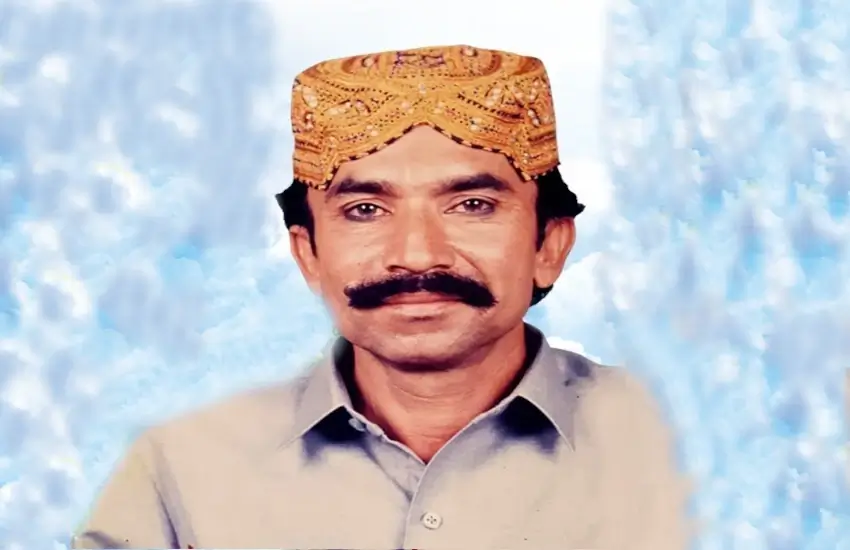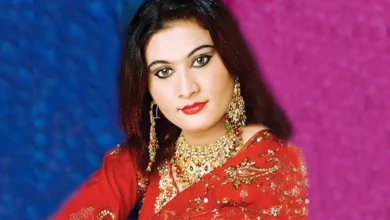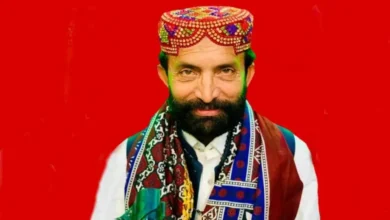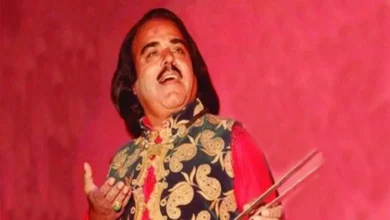Naheed Akhtar – Bio, Top 20 Best Pakistani Music
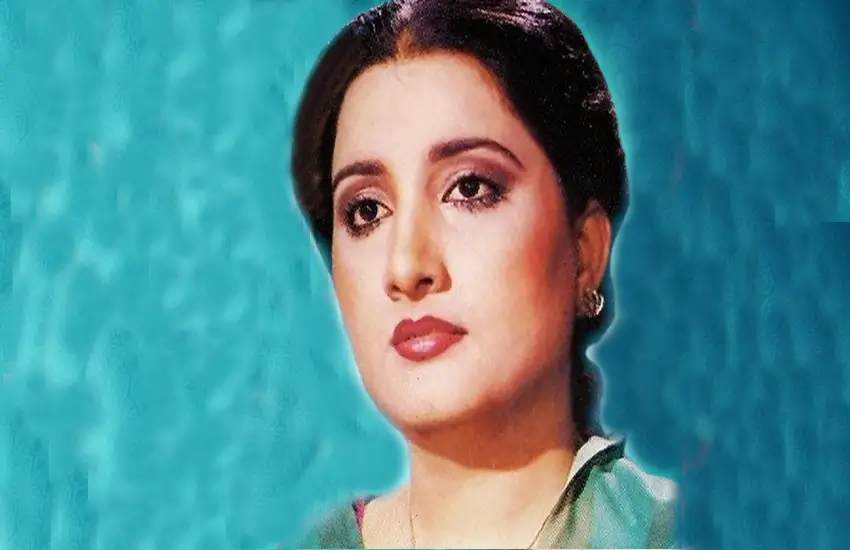
Naheed Akhtar most popular Pakistani music artist, stands as one of the most celebrated voices in Pakistani music. Often referred to as the “Nightingale of Pakistan”, her contributions to classical music, ghazals, Punjabi folk songs, and film music have left an indelible mark on the culture This article takes you through Naheed Akhtar’s life, career, and n ‘inheritance, her rise to fame and influence on Pakistani music, and examines its lasting impact.
Best Naheed Akhtar Pakistani Music Download
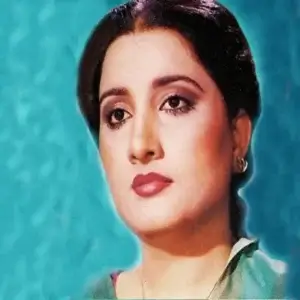
Biography and Early Life
Birth and descent
Naheed Akhtar was born on September 26, 1956, in the small town of Multan, Pakistan. She came from a humble background, one of eight children, including four brothers and three sisters. Music was part of her home and her sister Hamida Akhtar also showed a keen interest in music, which may have influenced Naheed’s musical sensibilities.
Early interest in music
From an early age, Naheed showed an affinity for music. Her talent was recognized early and she began singing at local events and events. But it was her unique voice that set him apart and caught the attention of fans and professionals alike.
Naheed Akhtar’s Early Career
First step: Raag Malhar on Radio Pakistan
Naheed’s professional journey began in 1970 when she performed “Raag Malhar” as a duet with Khalid Asghar on Radio Pakistan Multan. This performance launched her into the world of professional music, opening the door to more significant opportunities in the music industry.
She succeeds in the film industry.
Naheed’s big break came in the mid-1970s when she was invited to sing for the film company. Veteran music director M.K. Ashraf recognized her talent and brought it to light. Her first film song was for the 1974 film “Shama” and soon she became a sought-after singer in Lollywood.
The Moving Stars
Early successes in Lollywood
In the years that followed, Naheed Akhtar became a major force in the Pakistani film industry. Her voice has been synonymous with emotion and storytelling in countless films. She captured the hearts of the audience with every song, making him one of the most celebrated vocalists of her time.
M.Sc. Working with Ashraf
One of the defining features of Naheed Akhtar’s career is music director M.K. She was one with Ashraf. Together, they created some of the most memorable songs in Pakistani cinema. M.Sc. Ashraf’s compositions, combined with Naheed’s distinctive voice, created a harmonious melody that left a lasting impact on the project.
Naheed Akhtar’s Unique Approach
Different musical and musical styles
What made Naheed Akhtar stand out was her unique voice, characterized by depth, richness, and emotional resonance. She had an innate ability to express strong emotions through her Ghazal music, making each song a personal experience for the listener. Her style was impeccable and she could switch genres effortlessly, be it classical, folk, or film music.
Versatile in both genres
Naheed was more than just a singer-songwriter; She was a versatile artist who excelled in portraits. Whether it was a soulful ghazal, vibrant Punjabi folk songs, or patriotic country songs, Naheed Akhtar gave every show with unparalleled skill and passion.
Impact on Pakistani cinema
Popular highlights in Urdu cinema
In the 1970s and 1980s, Naheed Akhtar’s voice became the soundtrack to countless Urdu films. Songs like “Aisaay Mausam Mein Chup Kyun Ho” from Shama (1974) and “Lal Lal Honto Peh, Piya Tera Naam Hai” from Dil Nasheen (1975) are just a few examples of her contributions that have become classics which is timeless.
Contributions to Punjabi Cinema
Naheed Akhtar’s influence was not limited to Urdu cinema. She also contributed a lot to Punjabi films. Her ability to sing in several languages made him a versatile asset in the film industry and a hit with audiences in the language departments.
Naheed Akhtar’s popular songs
“Kisi Mehrban Nay Aa Kay Meri Zindagi Saja Di”
The song was featured in the film Shama (1974) and became one of Naheed Akhtar’s signature songs. Phantom’s vocals combined with her sensual vocals made this song an instant hit.
“Lal Lal Honto Peh, Piya Tera Naam Hay”
Another stunning song from the movie Dil Nasheen (1975), this story shows how Naheed was able to infuse love and passion into her songs and captivate the audience with her performance.
Acceptance and Awards
Nigger Awards
Naheed Akhtar’s talent has not gone unnoticed. She received several Nigar Awards, which were the most prestigious in the Pakistani film industry. These awards cemented her status as one of the leading vocalists of her time.
Pride in working
In 2007, Naheed Akhtar was honored with the Pride of Performance, one of Pakistan’s highest civilian awards. The recognition was a testament to her tremendous contribution to the country’s music and film industry.
The fall of Lollywood and the departure of Naheed
Making the transition into the music industry
As the Pakistani film industry, commonly known as Lollywood, began to decline in the late 1980s, so did the demand for musicians. The changing landscape of the music industry made Naheed Akhtar rethink her career path.
Naheed Akhtar’s decision to go
In 1986, Naheed Akhtar made the difficult decision to step away from her music career. Despite her rise to fame, she went on to retire, much to the chagrin of her fans. Her departure marked the end of an era in Pakistani folk music.
Personal life and marriage
She married Asif Ali Pota.
In 1994, Naheed Akhtar married noted journalist Asif Ali Pota. They had a son and daughter together, and Naheed continued to focus on her family life.
Family life and tragedy
Tragedy struck in 2017 when Asif Ali Pota died of a heart attack. The loss was a blow to Naheed, who already led a somewhat private life out of the public eye.
Return of Naheed Akhtar to the stage
2013 Performance
After being out of the limelight for years, Naheed Akhtar briefly returned to the stage in 2013. She appeared in a TV show where current and popular singers Shabnam Majid, Saima Jahan, and others played her movie’s music as a tribute to which this face rekindled the public’s love for him and was a reminder of her timeless talent It happened to everyone.
Public appearances and performances
Although Naheed has remained largely out of sight since then, her fans still celebrate her rarity. Her legacy lives on and her influence on Pakistani music is still felt today.
Legacy and Influence
The impact of musicians on future generations
Naheed Akhtar’s influence can be seen in the new generation of Pakistani musicians looking up to her as a role model. Her style, technique, and emotional depth have inspired countless designers, ensuring her legacy will endure for many years to come.
cultural and historical understanding
In addition to her musical achievements, Naheed Akhtar occupies a prominent place in Pakistani culture and history. She represents the golden age of Pakistani cinema and music when art flourished and her voice became a symbol of that creative explosion.
Naheed Akhtar’s contribution to country music
Music that inspires patriotism
Naheed Akhtar also contributed to the national spirit of Pakistan with her patriotic songs. These songs not only showcased her versatility but also helped to create a sense of national identity and pride for the community.
Its impact on national identity
Naheed Akhtar played a role in shaping Pakistan’s cultural identity through her national anthems. Her voice became synonymous with patriotism and unity, giving him a lasting influence on the minds of the whole nation.
Compared to contemporaries
Competition with Runa Laila?
Though there were rumors that there was a rivalry between Naheed Akhtar and another popular singer Runa Laila, it was clear that both artists carved their unique niches in the music industry Naheed’s style was different, and she never wanted to imitate or compete with others, but focused on developing her voice.
A unique position in the music industry
Naheed Akhtar’s unique voice and versatility gave him a niche in the music industry that few can rival. She was more than a singer. She was a performer who understood the nuances of music and brought her personality to every performance.
Public opinion and the media
As seen by fans and critics today
Today, Naheed Akhtar is remembered as one of the greatest classical musicians in the history of Pakistan. Fans continue to love her music, while critics acknowledge her contributions to the film and music industry.
Media coverage over the years
Over the years, Naheed Akhtar has remained the subject of media interest, especially when it comes to looking back at the golden age of Pakistani cinema and her story is frequently revisited, highlighting her achievements and the impact it lives on the permanence her music achieved.
Conclusion
Naheed Akhtar’s legacy continues to take a long time. Her voice with its unique sound and emotional depth remains a staple of Pakistani folk music. Be it through her film songs, ghazals, or folk songs, Naheed Akhtar has left an indelible mark on the culture, ensuring that she is remembered for generations to come. For more Pakistani Music visit our website Media Music Mania.
FAQs
What made Naheed Akhtar’s voice special?
Naheed Akhtar’s voice is unique in its depth, richness, and emotional resonance. She could express strong emotions through her music, which made her compositions very personal and powerful.
Why did Naheed Akhtar quit the music industry?
Naheed Akhtar decided to quit music in 1986 at the height of her career. Due to the decline of Lollywood and personal choices, she retired from professional music.
How did Naheed Akhtar influence today’s musicians?
Naheed Akhtar has influenced contemporary musicians with her unique style, emotional depth, and versatility. Many contemporary artists look to him as a role model and draw inspiration from her work.
What are some of Naheed Akhtar’s famous songs?
Naheed Akhtar’s famous songs include “Aisay Mausam Mein Chup Kyun Ho” from Shama (1974) and “Lal Lal Honto Peh, Piya Tera Naam Hai” from Dil Nasheen (1975).

